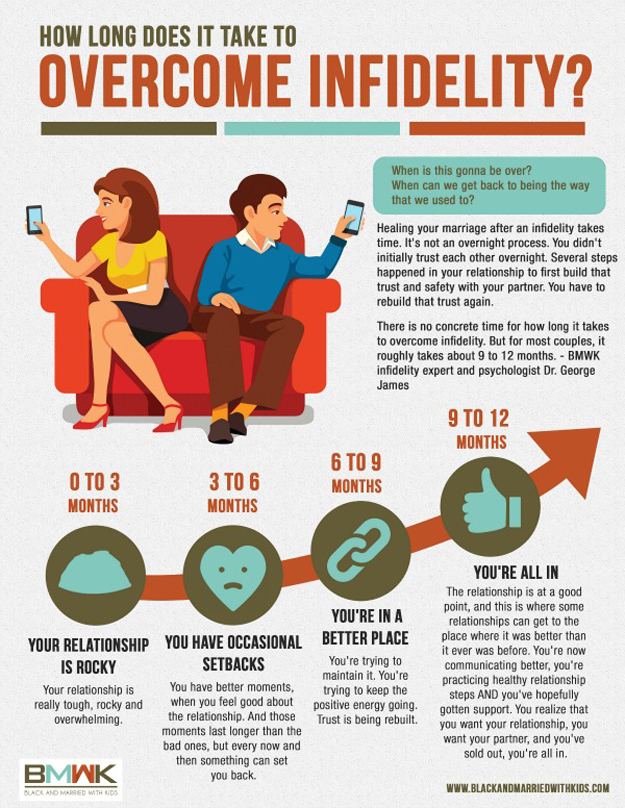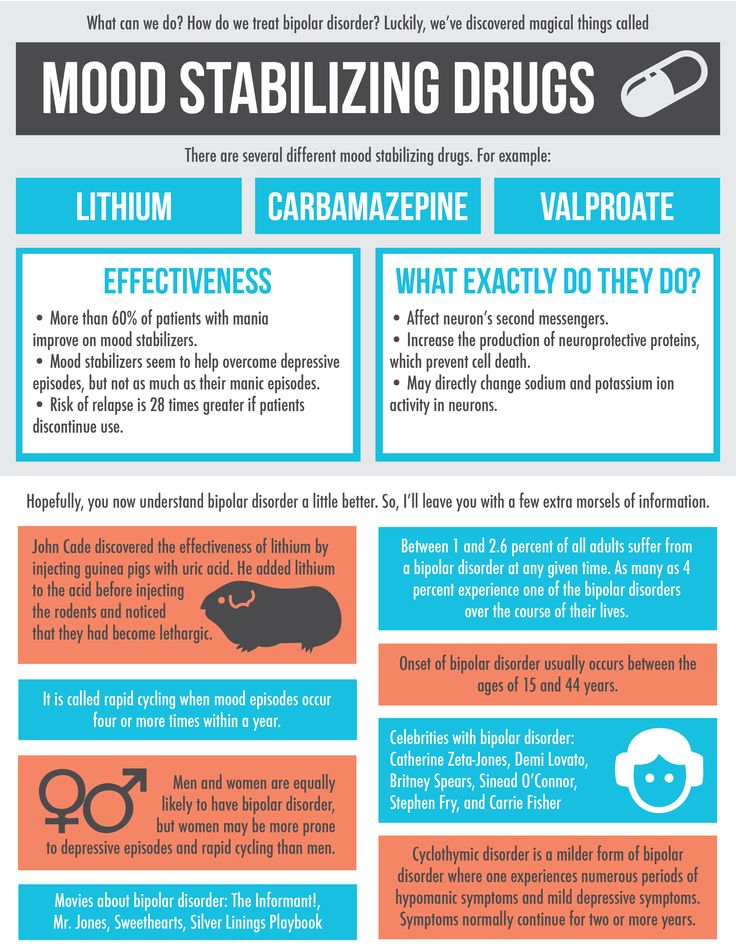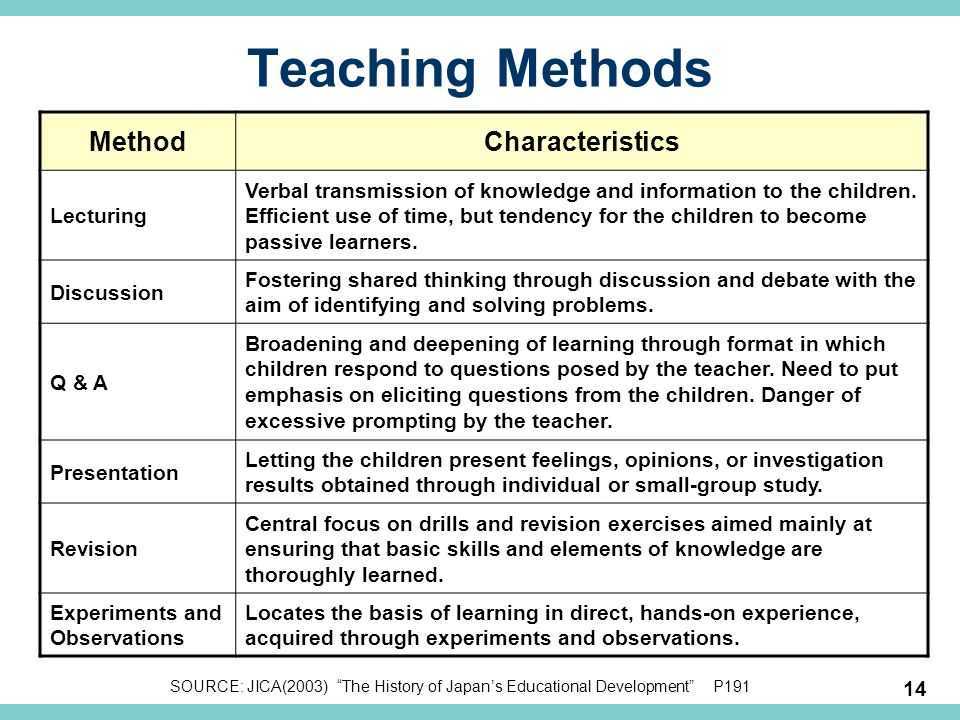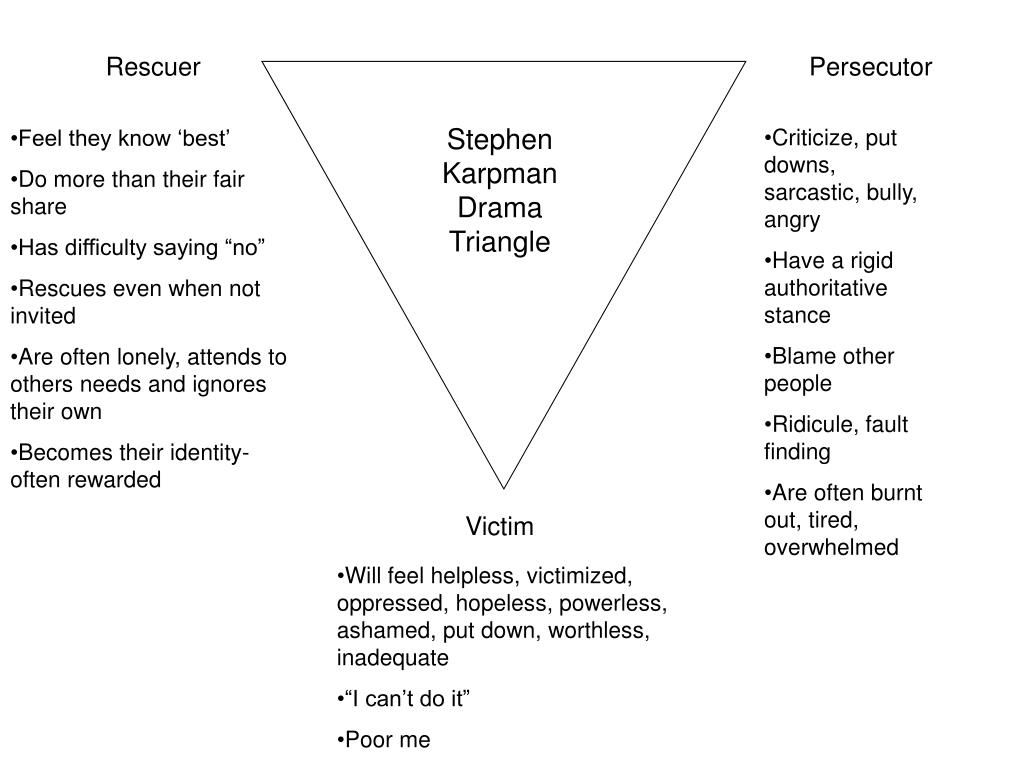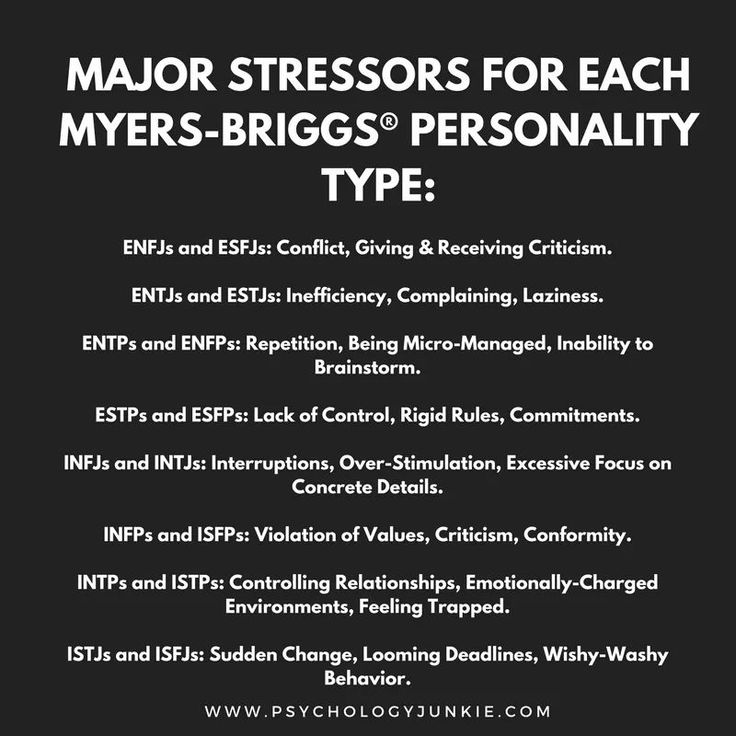Emotional infidelity recovery
15 Tips For Emotional Affair Recovery
What is an emotional affair?
Emotional infidelity, or an affair of the heart, usually starts out innocently enough. It feels like a good friendship. You just click. They get you. You enjoy your time together – that’s not cheating, right?
But it soon becomes obvious that there’s something more going on. Maybe you find yourself sending late-night texts. Perhaps you dress up a little when you know you’re going to see them.
You start confiding deep, intimate thoughts to each other. There’s a spark, and you know this is more than friendship – even if you don’t want to admit it yet.
It’s easy to convince yourself that because there’s no sex involved, it’s not cheating. But an affair of the heart is still infidelity, and the secrets and lies still have the power to break your current relationship.
Also watch:
If you are still unsure if your friendship has turned into something more, here are some emotional affair signs:
- You can not stop thinking about them.
- You draw comparisons between this person and your partner.
- You are sharing intimate details.
- You are spending more and more time together.
- You hide the relationship from your partner.
- You get butterflies when you meet them.
- You dress to impress.
- You have started having dreams about them.
- Intimacy with your partner is decreasing.
So, how to deal with infidelity, and how to get over an emotional affair?
An emotional affair or emotional cheating feels thrilling, intoxicating, and addictive. It’s hard to let go of.
If you’ve been emotionally cheating in marriage, the first towards emotional infidelity recovery is to stop guilt-tripping yourself.
You can’t go back and undo it. When dealing with betrayal, what you can do is work on recovering from an emotional affair so you can rebuild your present relationship.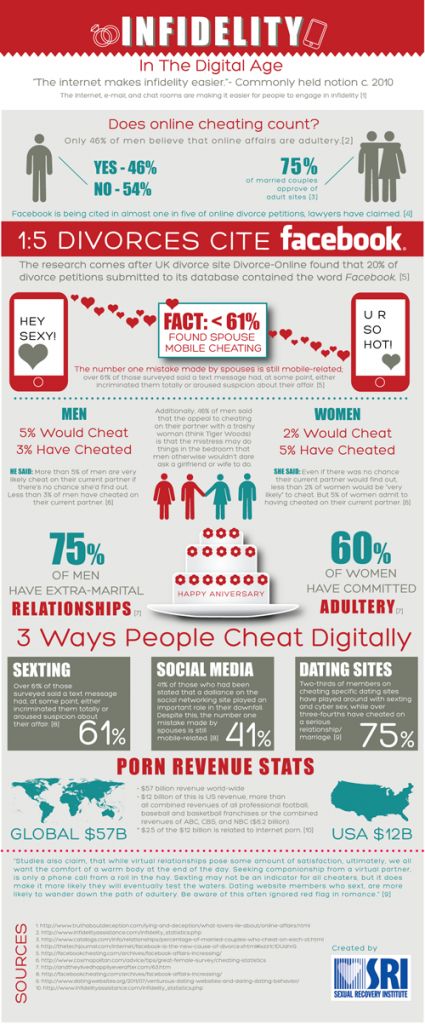
Falling in love is not just emotion but a lot of science and can be linked to hormonal changes.
According to the research, the love stage of the relationship lasts between six months to 18 months. This does not mean the love fades over time. It simply means that people get used to love each other over a course of time.
15 tips for emotional affair recoveryAn emotional affair can cause an upheaval. Wondering how to recover from emotional cheating? Try our 10 tips for getting over emotional infidelity or emotional infidelity recovery.
1. Be honest with your partnerThe thing about extramarital affairs is that it’s tempting to sweep it under the carpet rather than hurt your partner, but don’t.
A survey conducted to explore how honest people are about their infidelity uncovered that no matter how honest a person might be about their infidelity to their partner, they always leave out certain key details.
Honesty is vital in a relationship, especially for an emotional affair recovery, and even though the truth will hurt, it’s better to build the rest of your relationship on the truth, not a lie.
So, the first emotional affair recovery step is to take responsibility for your actions, and don’t blame your partner. Just tell them as honestly and gently as you can.
2. Be sure you’re committed to your relationshipBe honest with yourself about the future of your relationship. You and your partner can achieve emotional infidelity recovery, but it takes 100% commitment.
Make sure you’re willing to put your heart into rebuilding your relationship and finding a way for healing from infidelity together.
3. Let yourself grieveTo a certain extent, we can all understand the disappointment and sadness a person might feel if they have been cheated on.
Moreover, a study was conducted to provide a broad look at the losses and grief felt by the betrayed partner. But what about the person who was cheating? What about their loss and grief.
But what about the person who was cheating? What about their loss and grief.
An emotional affair feels intoxicating and addictive and takes up a lot of your thoughts.
If you’re feeling guilty, you’ll resist letting yourself grieve, because you think you don’t deserve to. But the fact is, the other person was a big part of your life, and it’s ok to let yourself be sad about the loss of that connection.
Grieving also helps you understand why you were unfaithful and what is it that you expect from your relationship.
4. See the difference between infatuation and loveEmotional infidelity might feel like love, but in most cases, it’s really just infatuation.
That rush of endorphins, the excitement of hurried late-night texts, or deep heart-to-heart conversations … it feels a lot like love.
Take a step back and realize that real love is built on long-term commitment and shared life, not a short but heady connection.
5. Work on rebuilding trustAs a solution for how to repair a marriage after an emotional affair, your partner will need time to learn how to trust you again, and that’s perfectly natural.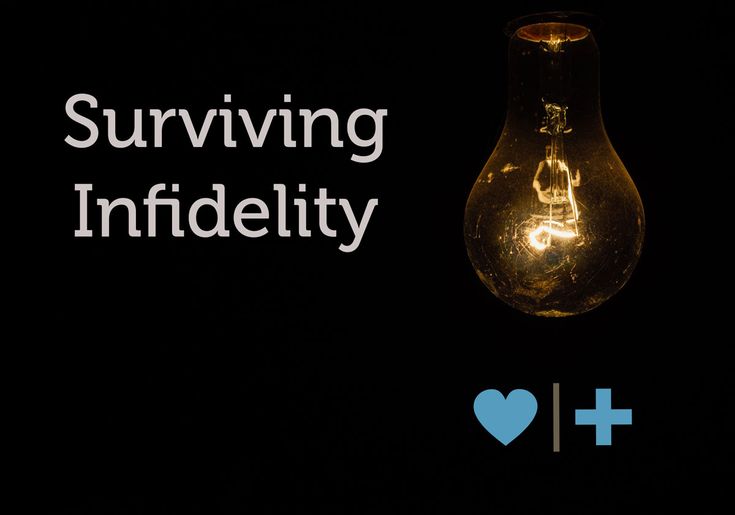
Show your commitment to mending your relationship by working on rebuilding trust with them. Ask what they need and how you can show them you can be trusted, and then give them as much time as they need to trust you again.
6. Analyze the reasonsFor overcoming infidelity and preventing another incident, you’ll need to analyze why you were emotionally unfaithful.
What was it about them that attracted you? What did you feel was missing in your life or your relationship that made it easy to fall into an emotional affair?
Learn to recognize and take care of your emotional needs, so you don’t look towards someone else to do it.
7. Give each other spaceUndoubtedly, your emotions and that of your partner are heightened at this stage. You could be feeling anger, hurt, insecurity and so much more. Not just this, the pain could also manifest physically by way of symptoms like lack of sleep.
The video below discusses reassuring your anxious partner that you two are okay, that you love them, and that your need for space is only your unique way of recharging your batteries.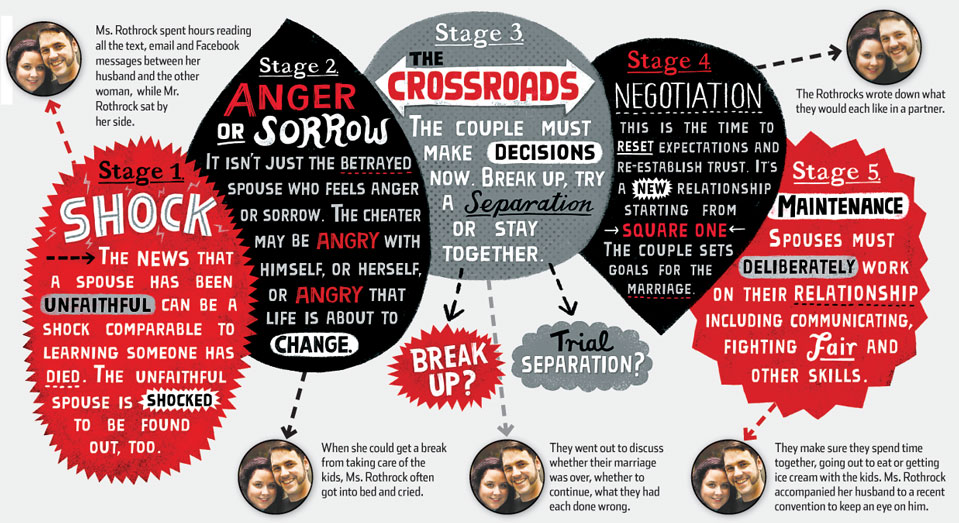 Set a deadline for your alone time, otherwise, they will think you’re ending things:
Set a deadline for your alone time, otherwise, they will think you’re ending things:
Reconnect with your partner so you can remember what you love about them and why your relationship is worth saving.
Talk to them about ways to reconnect and let them set the pace. A romantic night out or in, a short vacation, or even a simple coffee date or home-cooked meal will help you feel closer again.
9. Ask questionsFor an effective, emotional affair recovery, ask questions from your partner that could calm your heart. Let them know that certain things are bothering you and you want the bond to strengthen with time. Proceed with asking questions but know that certain details might hurt you further.
So, tread the path carefully.
10. Get your feelings outIt’s normal to feel a range of emotions from guilt to grief to anger when you’re dealing with the fallout of an emotional affair.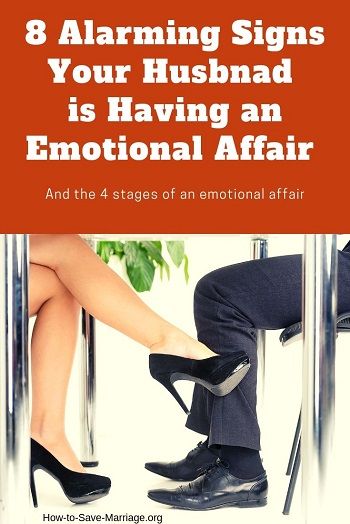
For emotional infidelity recovery, work your feelings out physically with dance or exercise, write them out in a journal, or consider seeing a therapist help you sort through them.
11. Find a healthier focusEmotional infidelity gives you a focus, albeit an unhealthy one.
Try to find a healthier focus for your emotions and energy, such as volunteering with a community organization, learning a new hobby, or advancing your career.
The end of an emotional affair leaves a gap in your life – take the chance to fill it with something nurturing.
12. Practice self-careAdmitting to and ending emotional infidelity takes a lot of mental and emotional energy. You’ll feel like you’re on a rollercoaster of emotions at times and might notice effects on your stress levels, sleep patterns, and appetite.
Take good care of yourself with healthy food, fresh air, exercise, good sleep, and spend time looking after yourself.
Related Reading: Healing Your Relationship with Food, Body, and Self: Sustaining Self-Care Practices13.
 Get help
Get helpPursue marriage counseling from a certified therapist to communicate your overwhelming emotions. Intensive sessions are necessary for the emotional affair recovery process.
You can also seek support from your friends and family who understand what you are going through.
14. Seek to forgive themForgiveness will not be a one-time act. It is a process, a journey for your emotional affair recovery.
Forgiving emotional affair is not easy. When you forgive your spouse, it doesn’t mean the hurt will go and things will switch back to normal. You forgiving your spouse will just be a step toward accepting your relationship will be okay with time.
Related Reading: Learning To Forgive: 6 Steps to Forgiveness In Relationships15. Listen to them
Coping with an emotional affair can be difficult for both partners. Try to show compassion to your spouse rather than returning the bad deed with another bad deed for the emotional cheating recovery for both of you.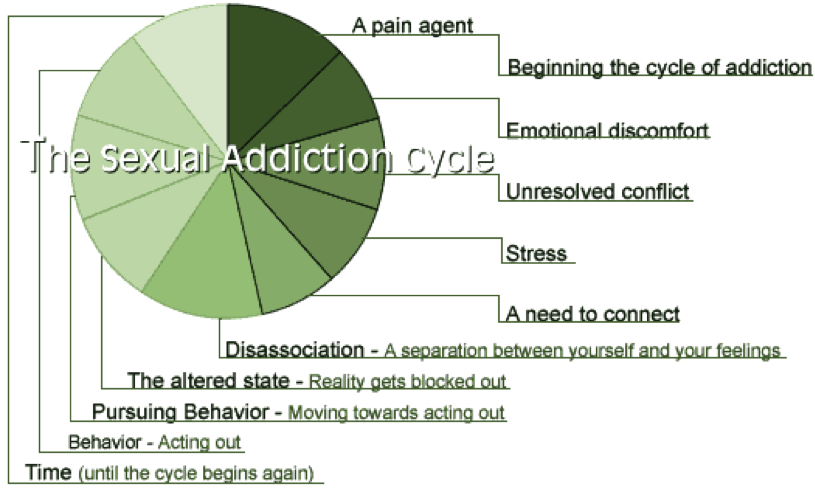
By listening to your partner, you are letting them calm the chaos in their head. In any case, this does not mean you own their emotions. Just convey your forgiveness for the long process of restoring your relationship.
Related Reading: The Importance of Art of Listening in a RelationshipWrapping up
The end of an emotional affair usually comes with a heavy dose of guilt and regret. That doesn’t mean you should punish yourself – be gentle with yourself and recognize that you need healing too.
Only then can you move towards emotional affair recovery and put the affair behind you.
How to Build Back Your Marriage
Becoming emotionally intimate with someone other than your partner can be just as hurtful for your partner as a physical affair — but emotional affair recovery is possible.
Infidelity can be a relationship ender. It’s an experience where you choose someone other than your partner to become intimate with physically, emotionally, or both.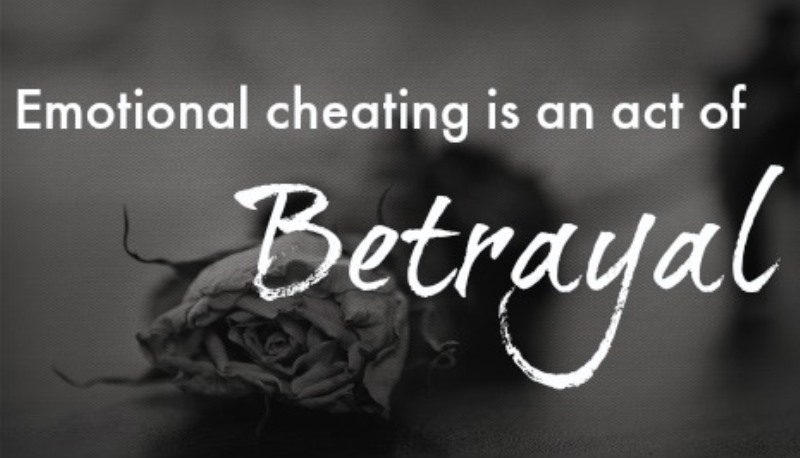
Emotional affairs may never progress to the physical level, but they still involve a closeness that can pull you away from your current partner.
You may start to feel more aligned with the person you’re now sharing thoughts, feelings, dreams, and vulnerabilities with.
Emotional infidelity can be painful for both parties— a longing for connection, validation, and a breakdown of trust can prove challenging to overcome. Ultimately, both partners need to be willing to work toward emotional affair recovery to continue the relationship.
Yes. Your marriage can come back from emotional infidelity.
“Marriages can not only survive emotional affairs, they can become stronger than they were prior to the affair,” says Dr. Dena DiNardo, a clinical psychologist and licensed marriage and family therapist from Philadelphia.
“It depends on what each partner wants. If they both want to be together and improve their relationship, with a lot of honest reflection and effort, things can significantly improve. ”
”
DiNardo explains emotional affairs happen for many reasons, but primarily because one partner isn’t feeling connected with the other partner and emotional needs aren’t being met.
While this doesn’t justify emotional affairs, it may be part of the reason why post-infidelity your relationship can become stronger as needs are communicated and you gain a deeper understanding of one another.
At first, it may feel as though emotional affair recovery isn’t possible. The initial feelings of hurt and shock can be overwhelming.
It’s okay to take time to allow yourself to grieve for your relationship as you knew it. When you’re ready and if you’re willing, you can start the process of emotional affair recovery.
Accepting responsibility
It can be challenging to acknowledge your part in emotional infidelity if you weren’t the party participating in the affair.
However, according to Dr. David Helfand, a licensed psychologist specializing in couples therapy from Saint Johnsbury, Vermont, the responsibility often falls on the shoulders of both parties.
“You have to explore each person’s contribution to the affair. We have a tendency in our society to think affairs happen because one person is a jerk and goes outside the marriage. That is actually not the norm.,” he says.
Helfand indicates it’s the dynamic between partners that tends to lead to emotional affairs, and both parties need to understand what it is they have to improve on.
If you’re not ready to enter into this process with another person, journaling may provide a way to discover your needs without fear of judgment.
Communicating
DiNardo states that once you and your partner have completed a humble and honest process of introspection, the next step is communicating your wants, needs, and personal patterns to each other.
Because infidelity can create strain that may diminish communication, third-party mediation in couples therapy can be crucial to this part of the process.
“Couples therapy is an important and crucial element to overcoming an emotional affair,” she says, noting it can help you reassess expectations of the relationship and understand the boundaries or lack thereof.
What to do if you had an emotional affair
If you’ve been having an emotional affair, understanding why can be important. After introspection, you may realize you don’t want to — or shouldn’t — continue your current relationship.
Entering the process of emotional affair recovery implies you want your current relationship to work and improve, and that you see the potential for a happier outcome.
Cutting ties with the third party
“The very first step in affair recovery is to conclude the outside relationship with the affair partner,” says Terri DiMatteo, a licensed professional counselor from Princeton, New Jersey.
“Since it is an emotional affair, this needs to be done with great care to assure that the outside relationship concludes firmly.”
Being completely open
When your emotional affair comes to light, being completely honest and transparent about it can be important to healing your current relationship.
“Many people give a brief description of what happened in the beginning and this can create more harm and more distrust when more details come out later on,” says Rachel Elder, a license mental health counselor and relationship coach from Seattle, Washington.
Expressing your remorse
DiMatteo indicates that apologizing for your emotional affair is often not enough — you may need to genuinely express your remorse for causing your partner pain.
She explains, “When the party that did not engage in the affair expresses their deep pain and hurt, the party who engaged in the affair needs to convey their own emotional pain at seeing and feeling how much pain their spouse or partner is in.”
This specific type of empathetic apology can help your partner feel less alone in their distress.
“It helps the betrayed partner know that their feelings not only matter but have a direct impact on their spouse or partner. Research tells us that this approach is beneficial in moving a couple forward,” says DiMatteo.
Couples therapy can be an invaluable asset when seeking emotional affair recovery.
Not only can a professional help you and your partner explore your feelings and relationship dynamics, but they can also address any underlying conditions that may complicate emotional affair recovery.
While anyone can experience emotional infidelity in a relationship, certain mental health conditions and attachment styles may contribute to feelings of emotional disconnection.
“I would say emotional affairs could be common amongst most diagnoses related to anxiety and depression,” says DiNardo. “Those who are anxious and have difficulty regulating their affect may find comfort and/or temporary short term relief in their emotional affair partner, even though that can actually cause more anxiety.”
She adds that emotional affairs may feel like the perfect antidote for someone living with depression, which can be characterized by feelings of disconnect, isolation, and loneliness.
“Emotional affairs can also be common amongst those who have a more avoidant personality style or defense mechanism default,” says DiNardo. “Genuine intimacy with one’s primary partner can be incredibly overwhelming and threatening.”
Getting support
If you’ve experience an emotional affair in your relationship, you can speak to a qualified mental health representative anytime by calling the SAMHSA National Helpline at 1-800-662-4357.
You can also join a free infidelity support network by visiting infidelitysupportgroup.com where you have access to additional resources, professional input, and insight from other couples who are working through similar experiences.
Emotional affair recovery is possible. It frequently involves honesty, introspection, genuine remorse, and a commitment to communicate emotional needs with your partner.
While there are steps you can take to heal after emotional infidelity, professional guidance can support both partners and provide a safe place for mediation.
Life after infidelity: how to restore trust
119,872
CheatingMan and woman
Partners often have different ideas about what is considered cheating. For some, virtual sex is innocent entertainment, for others it is a betrayal. For some, watching a porn movie is a manifestation of infidelity, and registration and correspondence on a dating site without real meetings can lead to a divorce.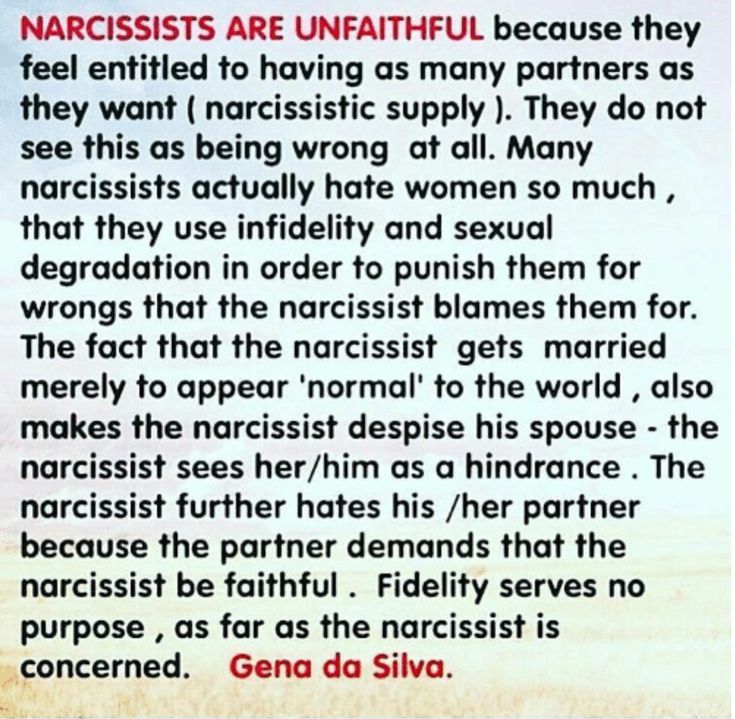
It's time to put an end to this uncertainty. I propose a universal definition of treason. nine0003
Cheating (infidelity) — destruction of trust due to intentional concealment of important intimate moments of one's life from a partner.
RESTORE OF CONFIDENCE
I gave this definition without any emphasis on the sexual sphere in order to emphasize that the main thing in betrayal is the loss of trust. This is important because the fact itself will be remembered for a lifetime, but trust can be restored.
My 25 years of experience in the treatment of psychological and sexual problems associated with infidelity shows that the solution to the problem begins and ends with the restoration of trust. nine0003
In the process of restoring trust, partners need to learn to be open and honest in everything. It is not simple. Many deceivers in therapy only pretend that they are trying to change, but in fact they continue to lie. This tactic works, but sooner or later, the partners again convict them of deceit.
If you sincerely repent and want to save the relationship, you should try to be absolutely honest
Trust is not restored just because one of the partners has stopped cheating on the other. It can only be gradually brought back if you make a commitment to always tell the truth, no matter how painful it may be. A deceiver ceases to be a deceiver when he begins to tell his partner about everything: about gifts for children and going to the gym, financial expenses and mowing the lawn, and, of course, about all social connections, even those that his chosen one does not like. nine0003
A LIE TO SALVATION IS ALSO A LIE
Absolute honesty is a matter of behavior, not thoughts and fantasies. If you could not resist communicating with your ex, you need to tell your partner about it. But if you're just thinking about how it would be nice to call or meet up with your ex, but don't act on it, you can tell a friend or therapist about it, but not your spouse.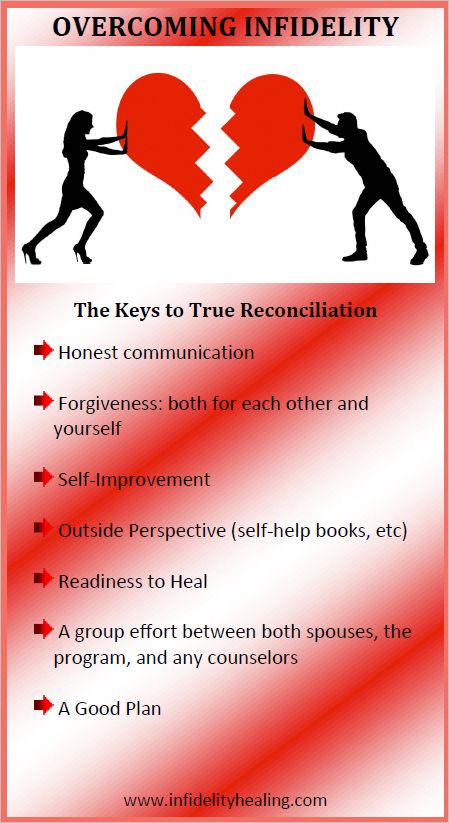
Stephen Arterburn and Jason Martinkus in Trustworthy describe absolute honesty as "I'd rather lose you than cheat you." They write: “There needs to be a shift in your honesty paradigm. The truth should be your number one priority." The authors argue that a former cheater should always tell the truth: "If your wife asks you if her favorite pants are fat, you should tell her what you really think." nine0003
ACTIVE HONESTY
Deceivers must learn to speak the truth actively. If your partner wants to know about something, you should tell him as soon as possible. In addition, you need to be prepared for the fact that he may get angry for the truth. The partner will be offended and angry a lot more if he finds out that you lied or withheld something.
Yesterday's deceivers often complain that, despite their honesty, their spouses do not trust them. It is difficult for them to understand that months and years after the betrayal, it is difficult to unconditionally trust the person who deceived you. nine0003
nine0003
Restoring trust in relationships takes time and effort. Only constant honesty can accelerate this process. Don't just tell the truth about what your partner already knows or is beginning to suspect. Be honest about the little things: "Honey, I forgot to take out the trash this morning."
TRAPS FOR DECEIVERS
There are difficulties on the way of former deceivers. Even if they sincerely want to be honest, they can fall into one of them.
- Passive truthfulness. nine0045 If a partner suspects them of something, they may confess, but not tell the whole truth, believing that the details may worsen the relationship or cause pain.
- Partial truth. In this case, the truth is presented in a mild form.
- Playing the role of a child. The deceiver waits for the partner to “pull” the truth out of him. If he doesn't insist, he doesn't say anything.
- An understatement. He tries to be honest, but downplays or omits embarrassing details so as not to hurt his partner.
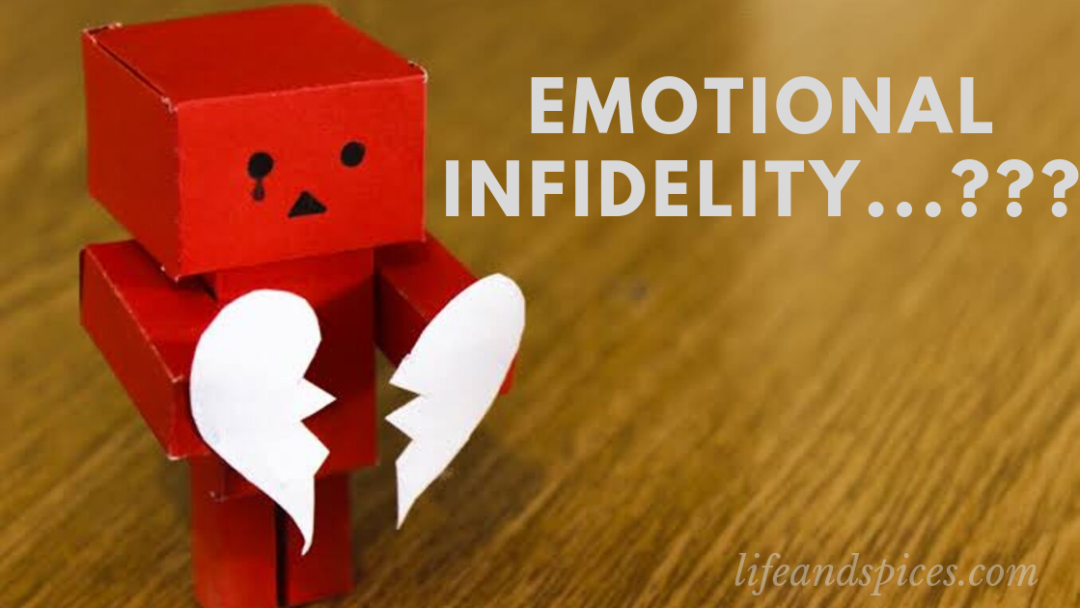 nine0046
nine0046 - Activation of a defensive or attacking reaction. An ex-liar tells his partner the truth. He is angry and indignant. Then the deceiver “reverses” and begins to make excuses or, conversely, reacts aggressively and begins to blame the partner for all sins.
- Waiting for immediate forgiveness. The former deceiver speaks only the truth and demands that his partner forgive him. However, the time that each of us needs to survive betrayal is individual. nine0046
Even if your honesty failed to convince your partner that you can be trusted, drastic measures remain. You can install tracking programs on your phone: in this way, your partner can not only find out where you are, but also track your movements and activity on the Web. Grant access to your computer and bank account. Full transparency can restore trust.
Author: Robert Weiss is a psychiatrist and author of Sex Addiction 101: The Ultimate Guide to Breaking Sexual, Pornographic, and Love Addictions, Coming Out of the Shadows: A Step-by-Step Guide to Rescuing Relationships for Men Who Have Been Caught Cheating. nine0072
nine0072
Text: Alexandra Galimova Photo Source: Getty Images
New on the site
“Sister-in-law is not worthy of my son”
Marilyn Monroe and borderline personality disorder. What do we know about the “star” diagnosis
Improve new skills and become a good specialist: how “tabletops” are useful in work and life
8 healthy winter breakfasts for a good mood — cook at home
“I look at life either through rose-colored glasses, or through the black ones"
"How can I keep a relationship if I have an anxious type of attachment?"
Are you moving because of stress or are you stressed because of moving? Scientists have answered
Shaolin philosophy of change: how to move forward — the opinion of a warrior-monk
Survive infidelity and stay together
215 953
Relationship crisis Man and woman
A telephone message left no room for different interpretations: “Igor, beloved, I miss!" Julia was holding her husband's mobile in her hands and did not know how to live on. It happened two years ago, when they were with the whole family in the country. She watched from the terrace as their children played in the garden, and her husband went into the house, leaving the phone on the table. Hearing the vibrating signal, Julia took it, more mechanically than out of curiosity. And so…
It happened two years ago, when they were with the whole family in the country. She watched from the terrace as their children played in the garden, and her husband went into the house, leaving the phone on the table. Hearing the vibrating signal, Julia took it, more mechanically than out of curiosity. And so…
“I didn't feel resentment, not anger, but just pain, as if I had been hit,” she recalls. Having silently cried all night next to her sleeping husband, she decided to fight: “The youngest daughter was only two years old, and I believed that we had a strong family.” Igor did not deny: "It's true, I have an affair with a new employee, but I love you, as before." “I didn’t understand: how could he have an affair, commit adultery, if he still loves?”
35-year-old Kirill asked the same question - he and Maria had lived together for five years by the day when she admitted that she could not resist the charm of a new acquaintance whom she met at a friend's wedding. “She repeated that it was a mistake, that she only now truly understood how dear I am to her, and I didn’t want to listen to anything: she betrayed me, which means she doesn’t love me. ” nine0003
” nine0003
There is no single cause for infidelity. “The lack of recognition, disappointment, the struggle for power in the family, the temptation of novelty,” transactional analyst Vadim Petrovsky lists the possible options. “As well as behavior patterns adopted from parents, which are then reproduced in our family life.”
There is a difference between a single betrayal and a double life that one of the spouses leads
A deceived partner should not blame himself for what happened. “There is something that is subject to our control, and something that goes beyond our capabilities and resources,” the analyst emphasizes. “By fully taking the blame on ourselves, we can even provoke repeated betrayals by giving the other a kind of “absolution.” nine0003
Of course, there is a difference between a single betrayal and a double life led by one of the spouses. Finding out about a long-term relationship is a harder blow. But even in this case, lessons can be learned by abandoning the role of the victim that the situation itself imposes on us.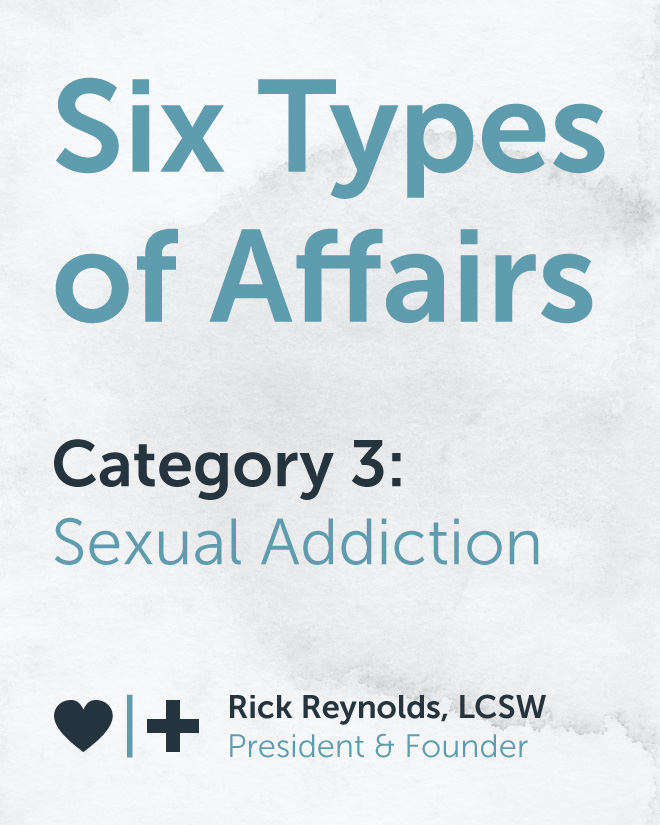 Being a victim in our own eyes and believing that we have the right to behave like a victim, we can feed the behavior of the “persecutor” with this emotional energy.
Being a victim in our own eyes and believing that we have the right to behave like a victim, we can feed the behavior of the “persecutor” with this emotional energy.
“At first, the one who has been cheated on experiences severe pain, and at this time it is difficult to think and analyze,” says family psychotherapist Elena Ulitova. “But then the pain eases a little, though it doesn’t go away completely. Then it's time to think about the reasons that caused the betrayal. nine0003
Vadim Petrovsky mentions the "asymmetry of suffering", emphasizing that the leading role in the analysis of what happened belongs to the deceived partner. And the one or the one who was unfaithful should change his behavior, reassure the partner, convince him that their relationship has value.
Cheating is not something that one of the partners does to the other, it's something that happens to a couple. They intend to continue this work together. And Kirill and Maria are trying to glue the fragments, but they are not very successful.nine0003
“Not only did my self-esteem suffer, but also the trust that existed between us. Although we stayed together, it’s hard for me to forgive her, ”Kirill admits.
“And then the husband comes back…”: rules for those who cheat
“It is wrong to think that it is enough to find the guilty person, point out his guilt and make him repent so that all problems are solved,” says family psychotherapist Inna Khamitova. - Cheating is not something that one partner does to the other, it's something that happens to a couple. The reasons for infidelity, as well as the possibility of overcoming the crisis, should be sought in the history of the two. nine0003
At our request, the experts analyzed the stories of couples who had cheating and identified three ways to cope with “life after cheating”: some never manage to leave this episode behind, others are distracted from it without rising to a new level, and still others come out of the test transformed.
Wounded couple
Anna cheated on Timothy a year and a half ago, with her ex-husband.
After a year of psychotherapy, they decided that they had managed to overcome the crisis. But Anna has the impression that she is still "paying" for what she did. “If I'm five minutes late, he's already nervous. I know that he searches my pockets and, whatever we happen to argue about, reopens the topic. Half the time we live in hell." Despite everything, they remain together, although they themselves cannot explain this. nine0003
According to Vadim Petrovsky, Anna and Timofey seem to be stuck in the past, they, like many other couples, have one thing left in their lives - resentment: martyrdom or even a protector. They think not so much about reconciliation, but about confirming their status as a victim, from which some benefits follow: the sympathy of others, the pleasure of condemning the "apostate", sometimes "indulgence" for their own infidelity. nine0003
Dangerous games: rules for lovers
Hence stalking, revenge... This vicious circle is difficult to break.
Adultery causes pain, which is mixed with guilt, as if the deceived partner himself was not good enough to deserve love. But if he remains in this state, he will not be able to develop within the couple. To take your part of the responsibility for what happened means to become the master of your life again.
“Responsibility frees one from guilt,” Elena Ulitova is convinced. “Because we understand that the reason for what happened is not in what we are by nature, but in what we did or, on the contrary, did not do.” Staying together is not an end in itself and is not synonymous with success. “When both partners turn a blind eye to treason, silence becomes the defining feature of the union,” says Elena Ulitova. “Under these conditions, marriage can technically survive, but family life is dying.” nine0003
How to get out of the crisis
- Give up the role of a victim or an executioner, which dictates the situation
A couple who survived
Marina had been living with her friend for a year already, when during a business trip to Austria she met a man who “had some kind of electricity in him”.
“I knew it wouldn’t be for long – we are from different countries, and I appreciated my friend and our common life with him,” she says. A few months later, she confessed everything to him. nine0003
“He didn't talk to me for two days. But we were invited to a family party, and he asked me to come to pretend that everything was in order. I took advantage of this to talk to him and explain that if I was going to leave, I would have already done so. It seems that I managed to calm him down, and I never felt unnecessary jealousy on his part. But this topic has become taboo for us.”
Marina and her friend are among those who managed to keep the couple together. “For some, maintaining family, social boundaries and financial stability, staying together despite infidelity, is more important than enjoying mutual desire, and this should be respected,” Elena Ulitova notes. nine0003
With such couples, she tries to find out what the relationship on the side has taught them, and takes into account their suffering: experienced by those who were cheated on and those who abandoned their new love.

“Often these couples are happy that they have found their place, found peace again and got rid of bitterness. They stay together because they like their life,” says Elena Ulitova. “But it is important that such a decision be made out of mutual desire, and not out of a feeling that we are morally obliged. Otherwise, we risk increasing the distance and losing sincerity in relationships.” nine0003
Sooner or later, the couple will be involved in a situation associated with strong feelings, and then conscious control will be lost. “They avoid subtle, complex, delicate moments to maintain a semblance of well-being.” But silence does not mean forgetfulness. Lack of clarity threatens credibility.“Relationships become more formal,” continues the psychotherapist. - Both sides are afraid to deepen them: after all, genuine experiences are hidden in the depths. If you move there, you don’t know what you will meet, and so fear arises.
So, it is better not to interact on an emotional level, but to support the “I'm fine, you're fine” scenario. Such interaction can bring satisfaction, but within its framework it is impossible for the couple to develop either on an intellectual, or on a sensual, or on a parental level. nine0003
But are such couples doomed to an alienated, ritualized relationship in which genuine warmth never arises?
“Sooner or later the couple will be involved in a situation associated with strong feelings, and then conscious control will be lost,” Alexander Orlov answers this, “offenses, disappointment, suffering will break through - all feelings that for the time being were covered in silence ".
Such a "breakthrough" can lead to a final break, but can be life-saving if the two agree to an open conversation. nine0003
Start again
- Understand what the true goals and desires of both are, not just fulfill moral or social obligations
- Talk about the values that the couple is based on, acknowledging that they could change also the suffering of the one who stays in the family, refusing new love
A couple on the path of development
Daria always repeated: “If one fine day I find out that you have changed, I will pack my things at that very moment!” But when it actually happened, she not only stayed, but tried to forgive him.
nine0003
“For almost half a year we discussed the reasons for his affair with our mutual friend. It was difficult for him and me, but thanks to these conversations, we really understood why we fell in love with each other and why we moved away from each other. Today I feel stronger. Before, I tried to agree with him in everything, but he almost left me. Now I have learned to express my own desires, and it seems to me that as a result, our relationship has become closer and more honest.
Using the infidelity crisis to transform and even revive broken relationships is possible, argues family therapist Inna Khamitova. This does not mean that this path will be easy. nine0003
“In the emotional storm that couples go through, it is difficult to keep the sequence: now “leave!”, then “hug!”; then “leave me alone!”, then “don’t leave me!” ... But having agreed to share responsibility for the crisis in relations, they begin to see a catalyst for change on the side of the novel, and not just betrayal.

The couple will also have to admit those feelings about which it is not customary to talk about - in particular, to accept the reality of experiencing sexual desire.
“You can treat it differently, you can consider it “bad”, moralize it, but this is a psychological fact, emphasizes Alexander Orlov. “This is what happened to one of the two and what the other will have to accept - without protest and condemnation.” nine0003
Those couples who manage to get out of this test with renewed vigor enter into more mature relationshipsBut talking and understanding each other does not mean finding out all the details of the connection. Inna Khamitova notes that excessive knowledge can be too painful and hinder reconciliation. She advises spouses not to demand a clinically accurate and inevitably painful account of what happened, but to ask what meaning he or she attaches to infidelity, what this situation can teach them.
nine0003
Those couples who manage to come out of this ordeal with renewed vigor enter into more mature relationships. They accept the notion that infidelity of the body can coexist with faithfulness of the heart, and together they try to solve the problems that arise.
“This crisis can even strengthen the marriage,” Alexander Orlov believes, “and take the relationship to a new level, but there is a condition here: one forgives the other, and the latter sincerely wants to be forgiven and asks for forgiveness.” And this is not necessarily the one who cheated, this is a mutual process in which a culture of psychological contact develops, sensitivity to the needs of another. nine0003
“You can learn and practice it,” Alexander Orlov is convinced, “and this is the best way out of the crisis, as well as the prevention of infidelity. After all, what is an attentive, empathic, understanding, sincere attitude towards another person? It's an attitude of love!"
All our experts emphasize that most marriages are made at the peak of romantic, loving feelings, and if they continue to be cultivated and trained, then the relationship in a couple is strengthened and developed.
